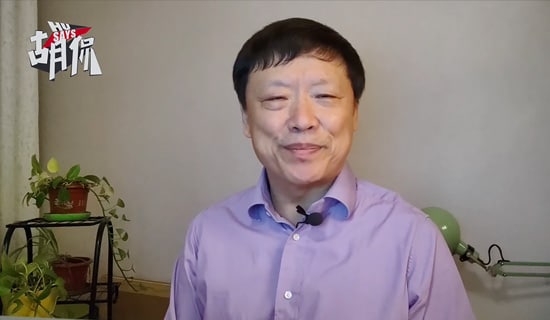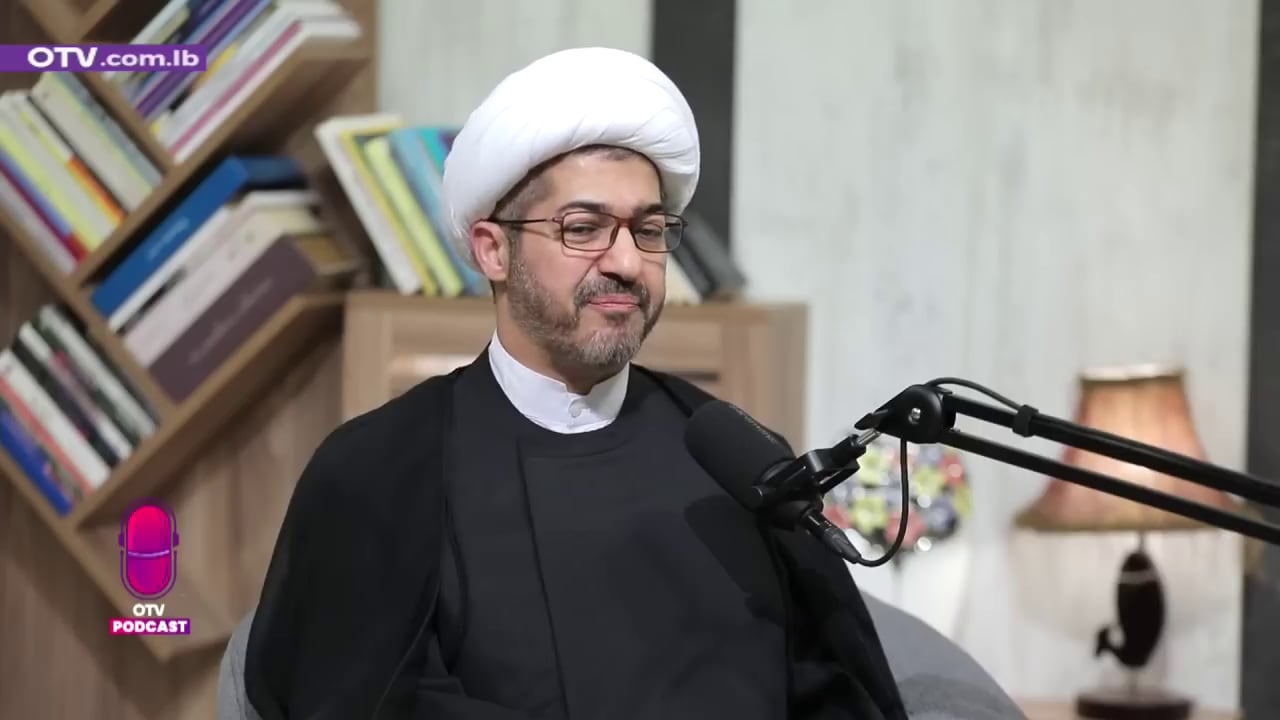
In a March 8, 2020 show on Al-Quds Al-Youm TV (Gaza – Islamic Jihad) in honor of International Women's Day, Gazan poet Rihab Kanaan praised female Palestinian terrorists and suicide bombers, including Dalal Mughrabi, who killed 38 Israelis in the Coastal Highway massacre in 1978, and Leila Khaled, who had participated in the 1969 hijacking of TWA Flight 840 by the PFLP. Kanaan praised the Palestinian women who have worn "[explosive] belts of death" in the hopes of liberating Palestine, and she recited a poem that she wrote in honor of Fadwa Hassan Ghanem, who carried out a suicide bombing on the border between Israel and Lebanon in November 1990: "Oh Fadwa, you decorated yourself with sacrifice… Blessed are your wedding garments, which were scattered with the shreds of your body." Kanaan explained that Ghanem had taken pictures in a wedding gown prior to carrying out the operation so that her mother would have the joy of seeing her in wedding garments. She added: "This is the Palestinian woman."
Rihab Kanaan: "A woman who had the opportunity to be the first woman to declare the Arab-Islamic Republic of Palestine was Dalal Mughrabi, who carried out the [Coastal Highway massacre in 1978, killing 38 Israelis]. Another such woman was [TWA Flight 840 hijacker] Leila Khaled, who flew over the skies of Palestine and told the enemy that this is our homeland, no matter how long it takes. [She said that] this is our homeland and these are our skies. Of course, There were many female martyrdom-seekers. I don't want to say their names so I won’t forget any of them. There are female martyrs who adorned themselves with [explosive] belts, so that with the help of Allah, they could eventually serve to liberate the homeland by means of these belts of death. One of them was Fadwa Hassna [Ghanem], who carried out a martyrdom operation [on November 25, 1990]. She had told her mother, and behold her mother's will to make sacrifices – she wasn't coerced, everything was done voluntarily..."
Interviewer: "It came from what she had within..."
Rihab Kanaan: "A mother's wish is to see her daughter in a wedding gown, so when the daughter prepared to carry out the martyrdom operation, she was asked if she has any [final] requests, and she said: 'I want to be photographed in a festive gown, and the picture to be sent to my mother.' She indeed sent the picture to her mother. I wrote a poem about her: 'Oh Fadwa. You decorated yourself with sacrifice, and you were a symbol of giving and dedication. Blessed are your wedding garments, which were scattered with the shreds of your body and which decorated the gardens on our brothers' borders.' I wrote that part because she carried out the operation on the border between Palestine and Lebanon."
Interviewer: "Nobody forced her to do this?"
Rihab Kanaan: "No.
Interviewer: "[So it was] just her love of the homeland...
Rihab Kanaan: "When we and our children go out to struggle, we are not being forced to do so... We do it out of dedication to the struggle... The price of the homeland is blood. This is a known thing. This is the cost of liberating the homeland. When we see this martyr go out knowing that she is headed to martyrdom, and she is wearing the explosive belt on her waist – there's no turning back... In order to not leave any grief in her mother's heart – look how much she identified with her mother's grief... As she was going to her death, [she said]: 'Mother, you wanted to see me in a wedding gown.' So the guys sent these pictures to her mother. This is the Palestinian woman."













